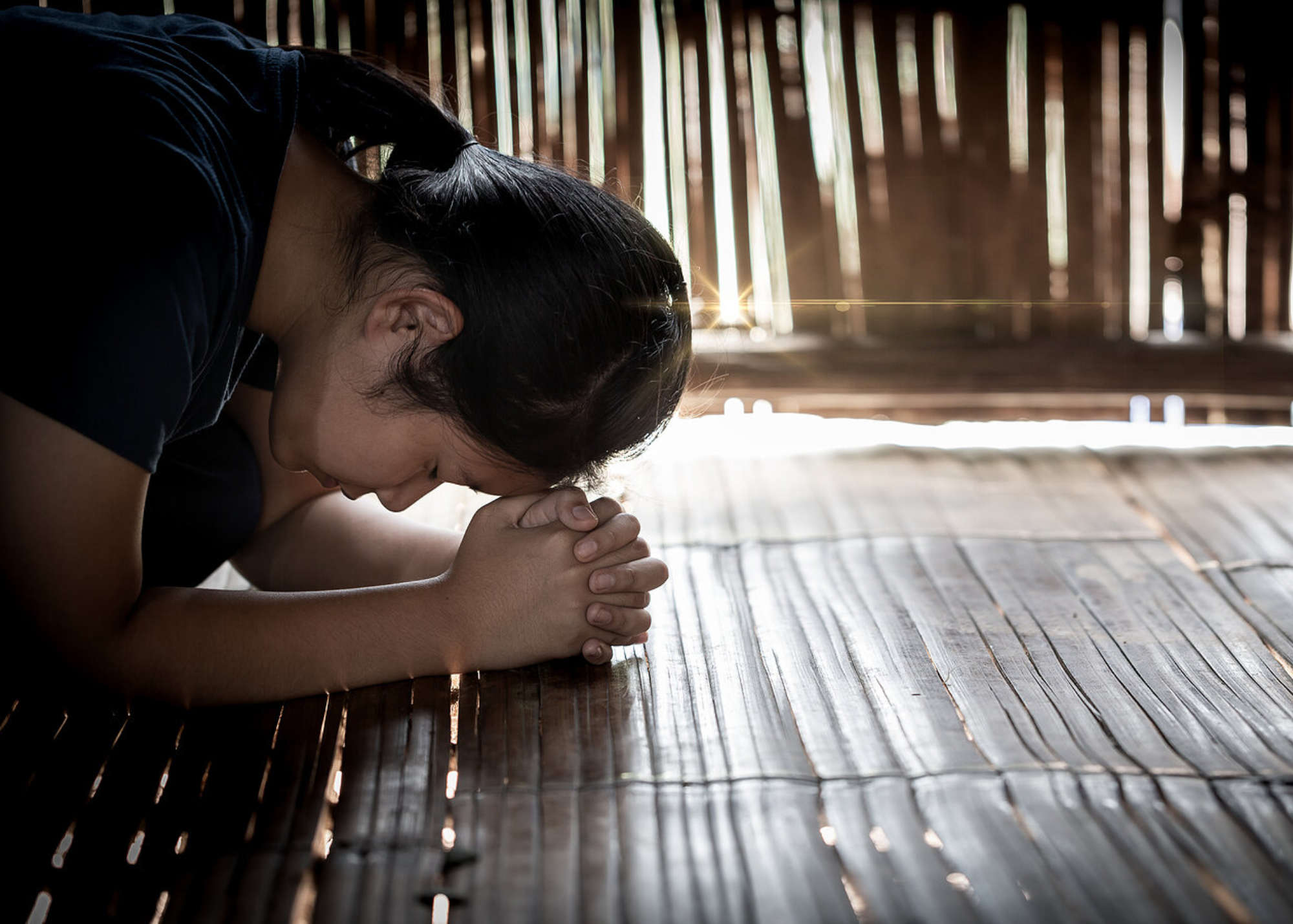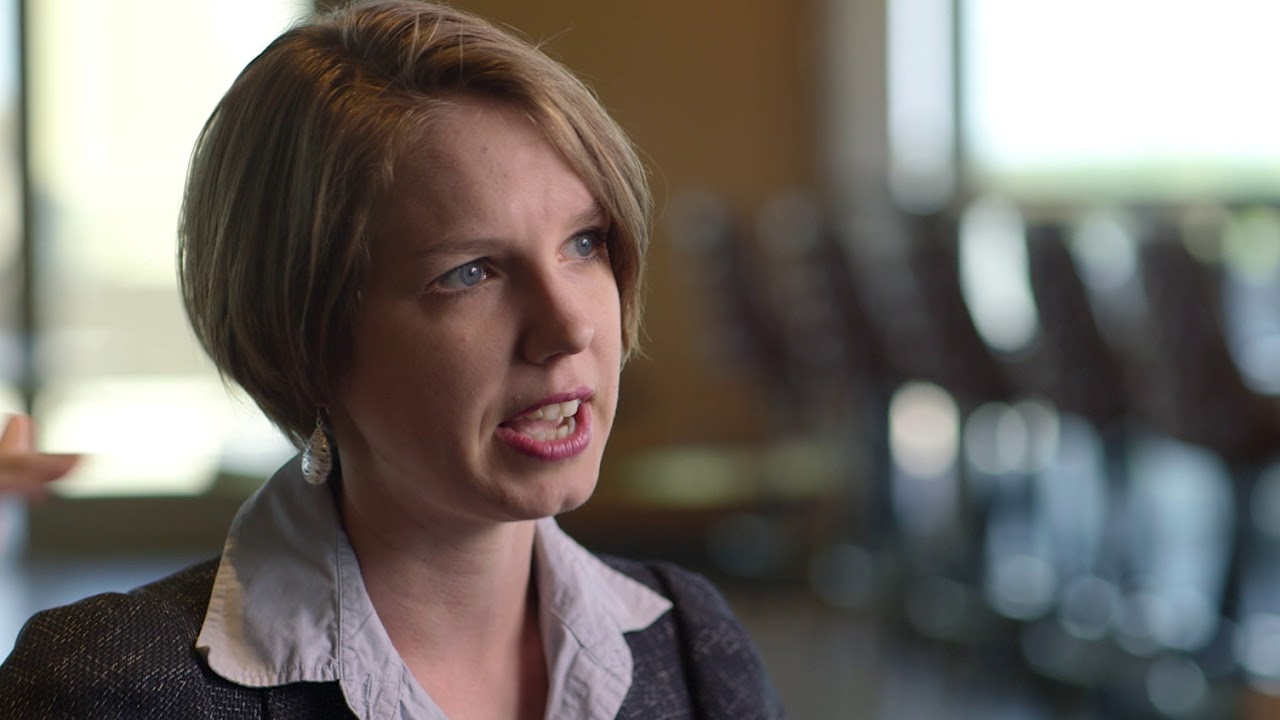Religious Trauma - Learn About The Signs And Ways For Recovery
Religious trauma refers to traumatic and stressful religious situations. Some religious trauma therapy-related articles point out that religious trauma can occur when a person struggles to break free from a religion or a set of beliefs that served as the basis for their indoctrination. This problem is often caused by the trauma of leaving a place, way of life, or religious authority that was hard to leave.
Author:Suleman ShahReviewer:Han JuOct 10, 2022113.3K Shares1.5M Views

Religious traumarefers to traumatic and stressful religious situations. Some religious trauma therapy-related articles point out that religious trauma can occur when a person struggles to break free from a religion or a set of beliefs that served as the basis for their indoctrination. This problem is often caused by the trauma of leaving a place, way of life, or religious authority that was hard to leave.

What is religious trauma?
Watch the video above for more information and details on religious trauma. In that brief interview, Michelle Panchuk, Assistant Professor of Philosophy at Murray State University defines religious trauma.
Religious Trauma Syndrome is characterized by symptoms that are similar to those of complex PTSD. The concept of "religious trauma syndrome" is currently being explored and is gaining credibility as a valid clinical diagnosis. Some of the signs and symptoms of this kind of trauma are listed below.
- Confusion and a reduced ability to think critically
- Negative attitudes toward oneself, others, and the world
- Having difficulty making decisions
- Depression, anxiety, grief, rage, and lethargy
- A sense of being lost, aimless, and alone
- A loss of pleasure or interest in previously enjoyed activities
- A community's demise (family, friends, romantic relationships)
- Feeling isolated or as if you don't fit in
- Feeling "behind the times" in termsof cultural events
- And many other PTSD symptoms, such as nightmares, flashbacks, dissociation, emotional difficulty, and so on.
Religious Trauma Stories

Connie's Religious Abuse Story
Recovery From Religious Trauma
Following are seven coping mechanisms for those who have undergone religious trauma:
Accept That It Has Happened
It might be simple to blame your childhood or assume that things were simply different. To get over your childhood trauma, you have to admit that despite the best efforts of your community and/or your parents, their mistakes hurt you.
Connect To Community And Healthy Supports
Get to know people who aren't part of your religious group. Join a club or a civic organization. Look for ways to join and feel a part of a group where there are no shared religious convictions.
Identify Your Future Expectations
Make a concerted effort to create a life and experiences for yourself that are distinct from those you had as a child.Create a bucket list and begin stepping out of your comfort zone. Make friends with people who think differently and come from different backgrounds than you.
Acquire Assistance Through Therapy
It can be challenging to find a therapist, and it may seem unlikely to locate one who specializes in religious trauma. But if you need more help, finding a trauma-informed therapist with expertise in Complex Post-Traumatic Stress Disorder (C-PTSD) can be a great place to start. EMDR and somatic therapy are a couple of therapeutic modalities to look into that have demonstrated promise for helping people recover from trauma.
People Also Ask
What Are Symptoms Of Religious Trauma?
- Obstructed progress (social, emotional, sexual, etc.)
- Anxiety, depression, or other mental healthissues.
- Poor ability to make decisions.
- Lack of self-worth and confidence.
- Feeling of seclusion
- Widespread feelings of shame and guilt.
- Difficulty in establishing healthy adult relationships
What Is An Example Of Religious Trauma?
- Suggesting sickness or illness brought on by lack of faith (HIV status, Cancer).
- Loss of church community or family (Having to leave cause it’s unsafe or hostile)
- Being told not hate the sin, love the sinner
- Shaming being unwed, or having an abortion
- Emotional, sexual or physical abuse from church leaders, family members etc, because of anti-gay beliefs.
- Self judgement, internal shaming "feeling like something is wrong with you."
How Do You Let Go Of Religious Trauma?
Breathwork, meditation, dance, yoga, and other physical exercises are all excellent ways to process trauma stored in the body. While some may believe that one cannot simply think away trauma, speaking with a mental healthcounselor is always a good first step in the healing process.
Final Thoughts
People who are subjected to authoritarian practices within their religious or spiritual community are particularly vulnerable to developing Religious Trauma Syndrome (RTS). Patients with RTS may experience problems such as irrational beliefs, distrust of themselves, low self-esteem, or a sense of obligation to a social group. In toxic religious environments, people have skewed ideas about sexuality, discipline, emotional control, relationships, and how to express themselves.
If you are experiencing religious trauma, you are not alone. There are others out there who are experiencing similar emotions, and there is help available. You can get over traumatic events and start living the life you've always dreamed of with the help of talk therapy and Eye Movement Desensitization and Reprocessing (EMDR).

Suleman Shah
Author
Suleman Shah is a researcher and freelance writer. As a researcher, he has worked with MNS University of Agriculture, Multan (Pakistan) and Texas A & M University (USA). He regularly writes science articles and blogs for science news website immersse.com and open access publishers OA Publishing London and Scientific Times. He loves to keep himself updated on scientific developments and convert these developments into everyday language to update the readers about the developments in the scientific era. His primary research focus is Plant sciences, and he contributed to this field by publishing his research in scientific journals and presenting his work at many Conferences.
Shah graduated from the University of Agriculture Faisalabad (Pakistan) and started his professional carrier with Jaffer Agro Services and later with the Agriculture Department of the Government of Pakistan. His research interest compelled and attracted him to proceed with his carrier in Plant sciences research. So, he started his Ph.D. in Soil Science at MNS University of Agriculture Multan (Pakistan). Later, he started working as a visiting scholar with Texas A&M University (USA).
Shah’s experience with big Open Excess publishers like Springers, Frontiers, MDPI, etc., testified to his belief in Open Access as a barrier-removing mechanism between researchers and the readers of their research. Shah believes that Open Access is revolutionizing the publication process and benefitting research in all fields.

Han Ju
Reviewer
Hello! I'm Han Ju, the heart behind World Wide Journals. My life is a unique tapestry woven from the threads of news, spirituality, and science, enriched by melodies from my guitar. Raised amidst tales of the ancient and the arcane, I developed a keen eye for the stories that truly matter. Through my work, I seek to bridge the seen with the unseen, marrying the rigor of science with the depth of spirituality.
Each article at World Wide Journals is a piece of this ongoing quest, blending analysis with personal reflection. Whether exploring quantum frontiers or strumming chords under the stars, my aim is to inspire and provoke thought, inviting you into a world where every discovery is a note in the grand symphony of existence.
Welcome aboard this journey of insight and exploration, where curiosity leads and music guides.
Latest Articles
Popular Articles